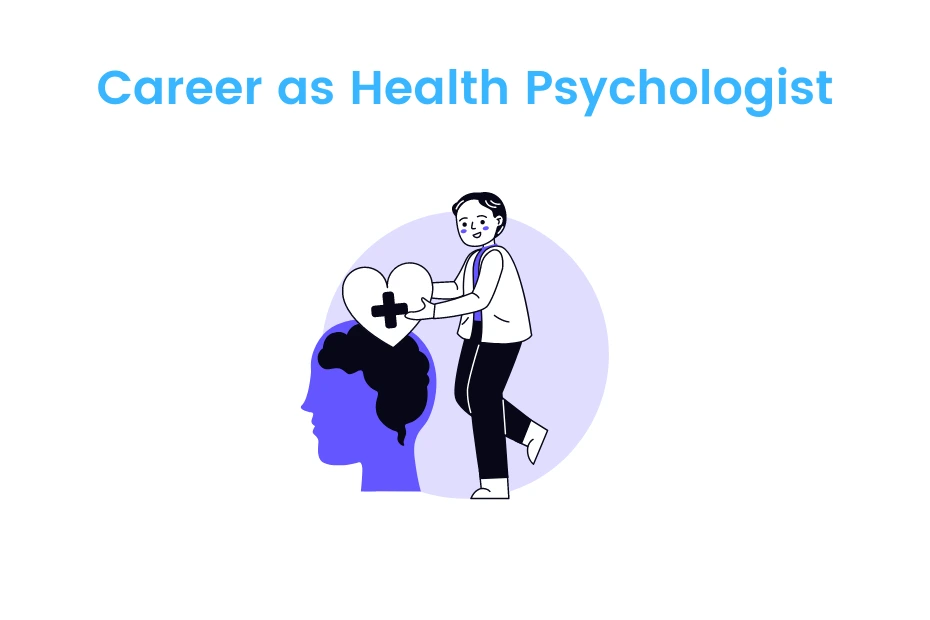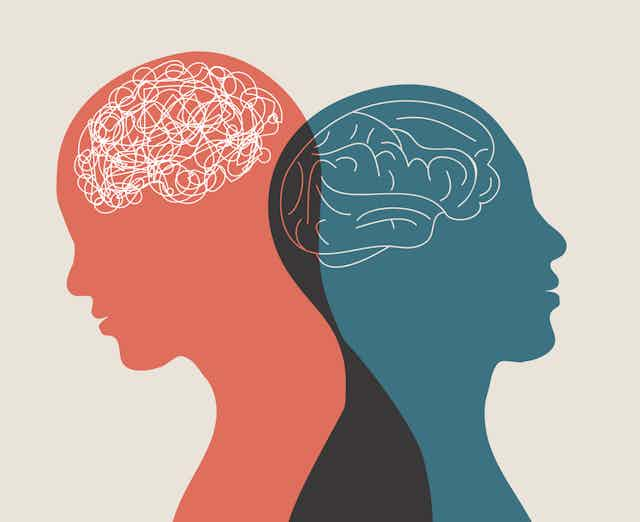Discovering the Best Psychologist in Delhi: An Overview to Your Psychological Health Trip
Psych Treatment: A Comprehensive Overview to Techniques and Results

Cognitive-Behavioral Treatment
Cognitive-Behavioral Therapy (CBT) is an extensively used psychotherapeutic strategy that concentrates on identifying and customizing dysfunctional thinking and actions patterns. Developed in the 1960s by Aaron T. Beck, CBT incorporates behavior and cognitive concepts to address different psychological health problems, consisting of depression, stress and anxiety, and stress-related conditions.
CBT is characterized by its organized, goal-oriented nature. Treatment typically involves a collective process between the therapist and client, where particular issues are identified, and useful methods are created to resolve them. Strategies such as cognitive restructuring, direct exposure treatment, and skill-building workouts are frequently utilized. Cognitive restructuring includes difficult and modifying adverse idea patterns, while direct exposure treatment intends to minimize concern and stress and anxiety with steady exposure to feared scenarios or things.
Evidence-based research sustains the effectiveness of CBT for a large range of psychological problems - Best Psychologist in Delhi. Its focus on skill procurement and self-help methods empowers customers to continue progress separately after therapy ends. The versatility and effectiveness of CBT have actually made it a foundation in modern psychotherapeutic method
Psychodynamic Methods
Rooted in the early concepts of Sigmund Freud, psychodynamic approaches concentrate on exploring the subconscious mind and its influence on actions and emotions. These techniques aim to discover hidden thoughts and sensations that might be driving maladaptive actions and mental distress. Central to this method is the principle of inner dispute, typically stemming from unsolved past experiences, especially those from childhood.
Therapists using psychodynamic techniques utilize numerous essential approaches, including complimentary organization, where clients are urged to speak easily to disclose subconscious material, and dream evaluation, which analyzes the hidden material of desires. Additionally, the exploration of transference and countertransference dynamics within the healing partnership is essential. These communications can provide understandings into the individual's inner globe and relational patterns.
Psychodynamic treatment is usually longer-term contrasted to various other methods, offering a detailed and deep understanding of the person's subconscious. Study indicates that it can be particularly efficient for complicated psychological wellness concerns, such as individuality conditions and persistent depression. By promoting self-awareness and psychological understanding, psychodynamic treatment looks for to bring subconscious product to awareness, making it possible for people to attain long lasting and significant modification in their lives.
Humanistic Methods
Building on the foundations laid by psychodynamic approaches, humanistic techniques offer a distinct perspective concentrated on specific possible and self-actualization. Coming from in the mid-20th century, these methods prioritize the inherent goodness and development capacity of individuals, emphasizing a holistic sight of human experience. Trick numbers such as Carl Rogers and Abraham Maslow have dramatically affected this restorative method, which encompasses approaches like client-centered treatment and Gestalt therapy.
Client-centered therapy, created by Rogers, plays a crucial function in humanistic techniques. The specialist's function is even more of a facilitator than an authority, encouraging customers to harness their inner sources for recovery.
Gestalt therapy, an additional crucial humanistic technique, highlights present moment awareness and the combination of mind and body. By concentrating on the "below and now," customers acquire better insight into their existing emotions and habits. Strategies such as role-playing and led visualization are usually employed to assist customers acquire a much deeper understanding of themselves, ultimately resulting in boosted self-awareness and fulfillment.
Integrative Treatments
Integrative treatments represent a synthesis of different restorative strategies tailored to satisfy the one-of-a-kind needs of each customer. This strategy acknowledges the intricacy of human psychology and the diverse nature of mental wellness concerns. By incorporating elements from various colleges of psychotherapy-- such as cognitive-behavioral therapy (CBT), psychodynamic therapy, and humanistic strategies-- integrative treatments offer a more all natural and adaptable therapy paradigm.
Specialists of integrative therapy evaluate each client's certain demands, signs and symptoms, and individual background to design a customized treatment plan. This individualized method improves the potential for therapeutic success by dealing with the origin of psychological distress and promoting total health. Methods might include mindfulness exercises, cognitive restructuring, and psychological handling, each chosen to target different aspects of the customer's concerns.
Furthermore, have a peek at this website integrative therapies emphasize the healing connection, checking out the client-therapist bond as an essential element of effective therapy. This partnership promotes a supportive setting where customers really feel secure to discover and resolve their concerns. The flexibility of integrative treatments makes them appropriate for a wide variety of problems, consisting of anxiety, clinical depression, trauma, and interpersonal problems, therefore boosting their applicability and resource efficiency in varied scientific settings.

Measuring Treatment Outcomes
Reviewing the efficiency of psychotherapy is critical for both customers and clinicians to make certain that the treatment is generating the preferred end results. To accomplish this, various techniques and devices are utilized to determine treatment outcomes methodically. Standardized analysis instruments, such as the Beck Anxiety Supply (BDI) and the Generalized Stress And Anxiety Problem 7 (GAD-7), offer measurable data on sign severity and modifications with time.
Along with standard tools, qualitative approaches like client self-reports and scientific meetings supply valuable understandings right into the personal experiences and perceived progression of customers. Frequently set up assessments, commonly at the beginning, axis, and end of treatment, aid in tracking the trajectory of improvement or determining locations requiring change.
Outcome measurement is not limited to sign decrease; it additionally incorporates useful improvements in everyday life, such as much better social partnerships, raised job performance, and enhanced overall well-being. Modern improvements in electronic health have actually presented mobile applications and on the internet platforms that assist in real-time monitoring and responses, further refining the assessment procedure.
Inevitably, a thorough strategy to gauging treatment results guarantees that restorative interventions are effective, efficient, and customized to satisfy the private needs of clients, therefore maximizing the total restorative experience.
Final Thought
Humanistic methods concentrate on personal development and self-actualization, while integrative therapies combine numerous techniques for customized treatment strategies. Examining therapy results through qualitative approaches and standardized evaluations makes certain a detailed understanding of effectiveness, ultimately leading clients towards sustaining mental health and wellness renovations.
From the structured method of Cognitive-Behavioral Treatment (CBT) to the deep expedition of the unconscious in psychodynamic therapy, each technique brings see page one-of-a-kind benefits. Its emphasis on skill purchase and self-help strategies encourages clients to continue development separately after treatment ends (Best Psychologist in Delhi). Key figures such as Carl Rogers and Abraham Maslow have substantially affected this healing technique, which encompasses techniques like client-centered therapy and Gestalt treatment
